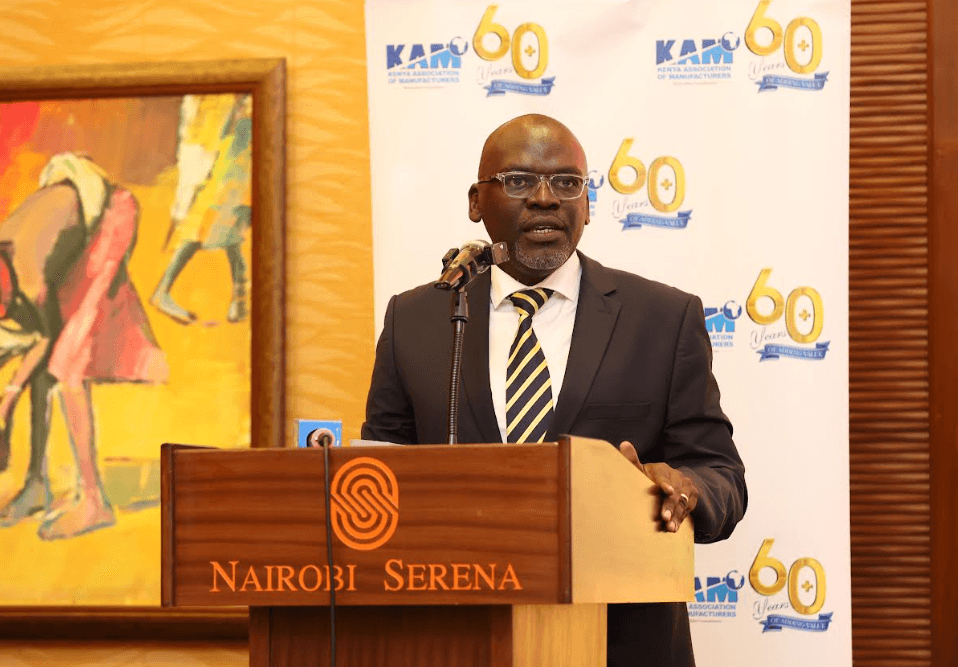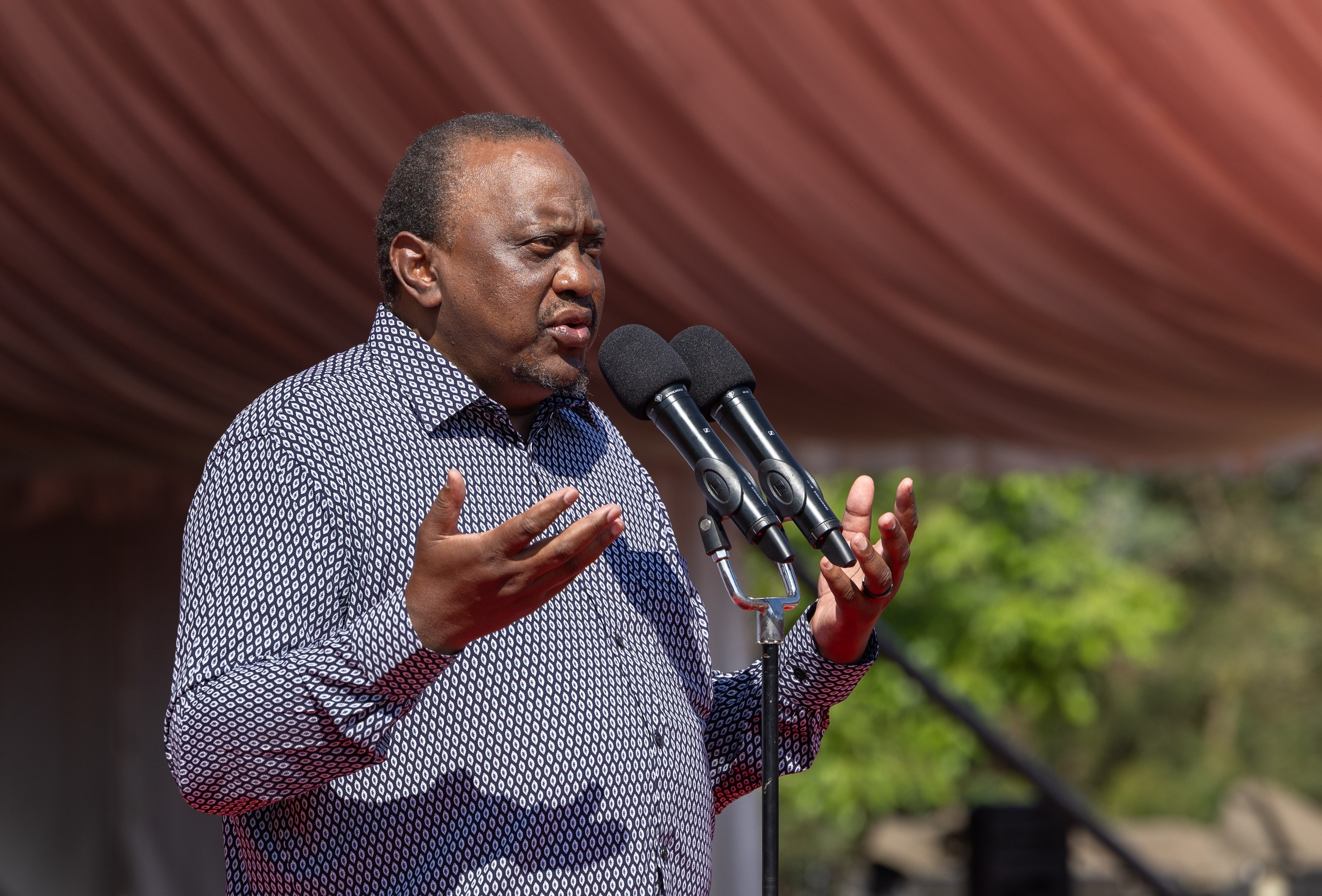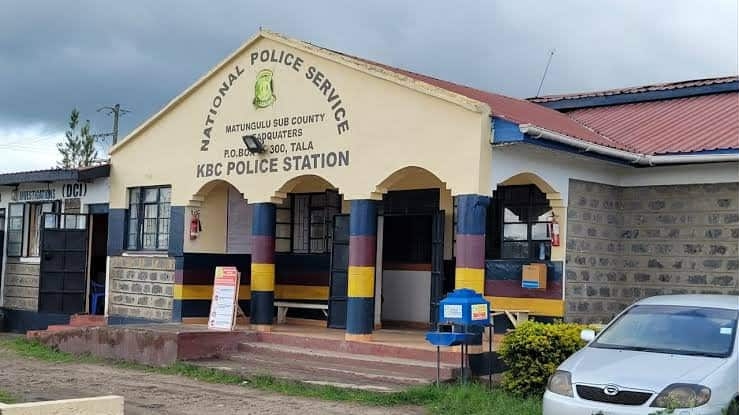The government will be in a position to print ballot papers locally in the future if plans to transform the Government Press succeed, a task force was told.
The Taskforce on Modernisation and Transformation of the Government Press heard on Friday the country could print ballots if the state printer acquires advanced and high-performing machines.
Government Press chief executive officer Abdi Ali Hassan told the members of the task force they are still using machines acquired as early as 1920.
“Once we modernise and ensure our machines are highly efficient, we will be able to print ballot papers for our elections. We can also print ballot papers for other countries in the region,” Hassan said.
He said his staff establishment of 450 people is highly trained and up to the task.
“I was in Greece and saw the machines. It is something that we can acquire and save this country a lot of money,” Hassan said.
Ballot papers in the last polls were printed in Athens, Greece and a backup printer located in Romania was deployed should the primary press face unforeseen challenges.
Inform Lykos, which was awarded the tender totalling Sh3 billion, delivered more than 200 million papers.
Printing of ballot papers locally to cut the cost of elections has been suggested several times in previous polls but political players have always opposed it.
The leaders have been opposing the suggestion saying that they could not trust anybody with the printing of the ballot papers in the country.
On Friday, the chairman of the task force Narendra Raval said his team would consider proposing public-private partnerships to get the Government Press out of its financial difficulties.
“We will not rest. We will make sure the Government Press is where it ought to be,” Raval said after a tour of the entity.
Since its establishment in 1895, there have been various unsuccessful attempts by the various administrations to modernise and transform Government Press.
Government Press is the designated printing press for production, standardisation, dissemination, cataloguing, authenticating and preserving various public documents for the national and county administrations, Parliament, Judiciary, parastatals and Semi-Autonomous Government Agencies.
President William Ruto appointed the task force to recommend measures to transform Government Press into an efficient and highly-performing entity.

















